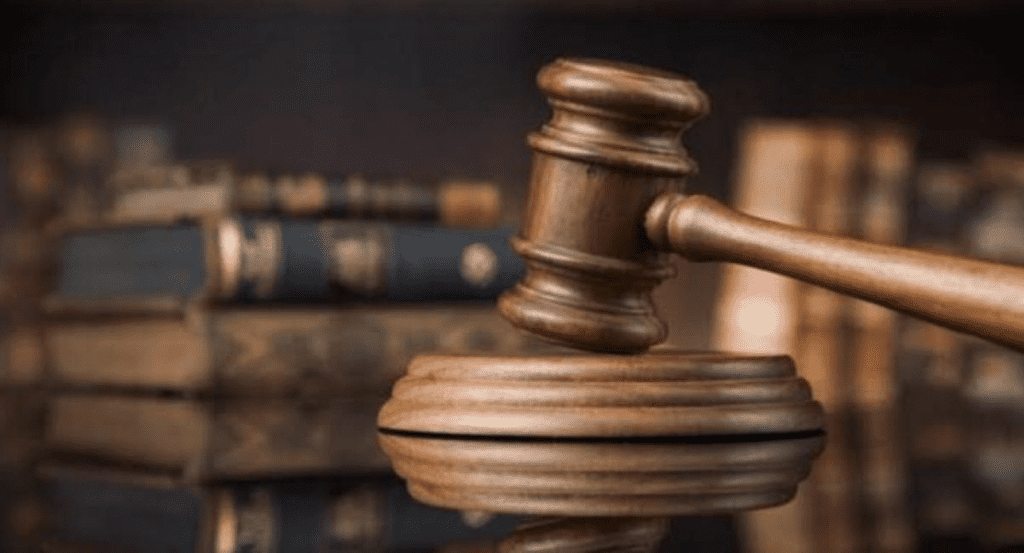The proposed establishment of a Sharia court in Oyo State has sparked intense controversy, with Yoruba youth groups and Christian organizations strongly opposing the move, citing concerns about regional harmony and constitutional legality.
The controversy began when an Islamic group announced plans to inaugurate a Sharia court in Oyo, leading to widespread protests across the Southwest. Critics argue that introducing Sharia law into the predominantly secular region could disrupt the peaceful coexistence of diverse religious and cultural groups.
A prominent Yoruba youth group issued a statement condemning the proposal, stating, “The Southwest is a region built on the principles of unity, diversity, and inclusivity. The introduction of Sharia law contradicts these ideals and threatens the delicate balance we’ve maintained.“
Christian organizations also expressed disapproval. The Christian Association of Nigeria (CAN) described the move as unconstitutional, emphasizing that Nigeria’s secular constitution guarantees freedom of religion but does not endorse the imposition of religious laws on unwilling communities.
Amid the backlash, the Islamic group behind the initiative announced a postponement of the Sharia court’s launch. A spokesperson explained, “We understand the concerns raised and have decided to engage in dialogue with stakeholders to address misunderstandings and foster mutual respect.“
The proposal has drawn mixed reactions from residents. While some support the initiative as a way to address disputes among willing participants in the Muslim community, others fear it could set a precedent for religious laws overriding civil statutes in the region.
Prominent voices, including political analysts and legal experts, have warned against actions that could deepen religious and ethnic divides. An analyst remarked, “Nigeria’s strength lies in its diversity. Any move perceived as favoring one religion over others in a multi-ethnic society like ours is bound to be contentious.“
The debate highlights broader tensions about balancing religious practices with constitutional principles in a diverse society. While the Islamic group has called for understanding and peaceful discussions, the uproar underscores the sensitivity surrounding religious issues in Nigeria.
As discussions continue, stakeholders are urging calm and dialogue to ensure that the issue is resolved without compromising regional unity and national cohesion.




















